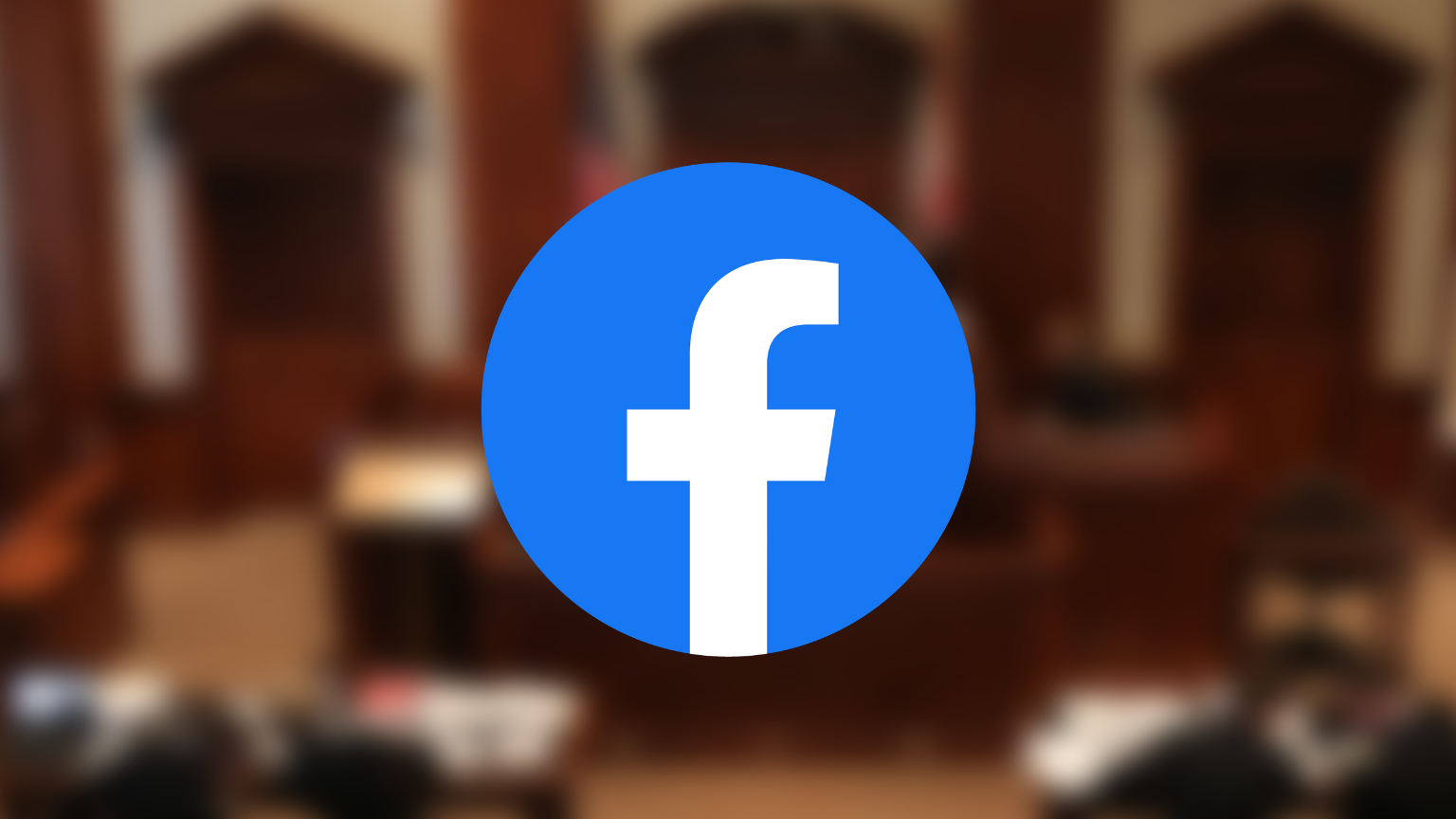Facebook is seen as trying to promote the self-regulating model known as its Oversight Board as a success story that could become a standard for other similar platforms.
There were indications of an ambition to turn the Oversight Board into a bigger, more widely-encompassing regulatory body in a letter CEO Mark Zuckerberg penned in 2019, announcing the Board and saying that while it would initially deal with a small number of contentious cases, Facebook hoped it would in time expand to include “more companies across the industry as well.”
More recently, discussing Facebook’s decision to ban President Trump, VP of Global Affairs Nick Clegg did not disagree with his boss’s initial sentiments around the Oversight Board.
“Who knows, maybe in the future it could either be the germ of an idea that is then taken up in statutory regulation or it could be something that could operate for more companies than just for Facebook,” Clegg said.
One of the members of the board, Rachel Wolbers, said the body hopes to do such good work that “other companies might want our help.”
Officially, the Board has commented to say that while the model of “online governance” they are testing here might prove useful to others, their focus is currently on Facebook and Instagram.
And while the signs are there that Facebook would like to at least set the tone and become a leader in the censorship and moderation “standard” for social media – or just toot its own horn as doing this highly controversial work well – those other companies, its competitors, have so far remained silent, and that includes YouTube, Twitter, and Reddit.
One reason some observers give for this is that they “like their autonomy and have different rules” – but there is also the issue of how such an idea might be brought to life technically, given the different platforms and appeals systems currently in place.
There are examples of entire industries self-regulating to introduce agreed upon rules, like the gaming industry. But those who see the idea of the Oversight Board as a far fetched role model for others say that its own existence is “still controversial.”













